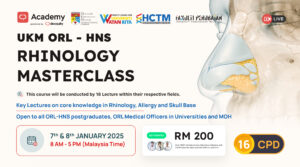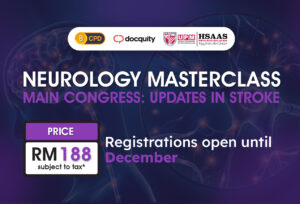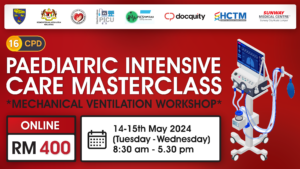
Emergency Medicine: Specifics part 1
Emergency Medicine: Specifics part 1
Three Live sessions cover most common ER presentations: chest pain, poly trauma, and shortness of breath management. Join now for interactive learning!

Overview of Emergency Medicine: Specifics part 1
Recognising the significance of organised evidence-based emergency medicine, key stakeholders in the medical fraternity and community acknowledge its impact on patient outcomes. This comprehensive emergency medicine course focuses on key concepts and approaches for managing patients with chest pain. Trauma management discussions are based on ATLS guidelines, emphasising effective care. Participants gain insights into the pathophysiology of breathing disorders, approaches to patients experiencing shortness of breath, and fundamental principles of emergency medicine management. Join us to enhance your expertise in emergency medicine.
Who will benefit the most from this course?
Emergency physicians enrol in emergency medicine course for knowledge acquisition, skill development, staying updated, critical thinking enhancement, networking, and career advancement certification.
GPs need to attend this emergency medicine course to gain knowledge, skills in acute care, make rapid decisions, collaborate with emergency medicine teams, and ensure high-quality patient care in urgent situations.
The Emergency Medicine course benefits critical care physicians, cardiologists, and doctors handling poly-trauma cases such as orthopedic surgery, neurosurgery, and anesthesiology by enhancing their skills in managing emergency medicine situations across specialties.
What will you learn in this course?
Approach to Chest Pain
When evaluating emergency medicine course, it's crucial to assess potentially life-threatening conditions such as heart attack, pulmonary embolism, and aortic dissection. Don't overlook common differentials like angina, reflux, and musculoskeletal pain. In the ED, a comprehensive assessment, thorough history, examinations, and tests are essential for accurate diagnosis and prompt management.
Poly Trauma: Approaches and Assessments
Trauma poses a formidable challenge for emergency medicine physicians, demanding an evidence-based approach to achieve optimal outcomes. High community expectations and emotional factors come into play. This emergency medicine course emphasises a comprehensive assessment and acute phase management of trauma cases, following ATLS guidelines. Join us to enhance your trauma care skills.
Management of Shortness of Breath in Emergency
Managing breathing difficulty in emergencies poses challenges in addressing acute distress and achieving accurate diagnoses due to diverse origins and contributing factors. To overcome these complexities, it is essential to understand emergency medicine specifics, adopt a systematic approach to shortness of breath, and apply fundamental ER management principles. Join us to enhance your respiratory emergency medicine management skills.
Course Reviews
Highly informative and engaging, this course is a great refresher for anyone seeking to enhance their knowledge.

Dr. Arianne F. Nagrampa
It's a wonderful course, with fresh knowledge and an amazing teacher, I really love her presentation also her personality and such a good spirit.

Olipa Yustina Tagi
Get to know your instructor

Dr. Sudeshna Ganguly
Dr. Sudeshna Ganguly, the medical director for Teladoc Health International, is an experienced professional in emergency medicine. She serves as an examiner for the Royal College of Emergency Medicine and is a lead faculty and course coordinator for the Masters in Emergency Medicine course at SEMI. She has also worked as a course coordinator and faculty member for the Masters in Emergency Medicine program at George Washington University.
Frequently Asked Questions








